Traveling Europe on a budget is as much a myth as it is real. You go to a perfect destination, spend only as much as you need, and come back thinking, “I did well; I only spent what was necessary.” Then, someone comes along and shares that they went to the same place for the same number of days for much cheaper. And you wonder, where does all this discrepancy come from? What am I doing wrong? And you’re left wondering what you might do right on the next trip so you can be on the kinder side of the budget.
Well, let me tell you, traveling Europe on a budget is real and extremely doable. It just requires that extra bit of planning from your end. That’s all it takes to jump from four trips a year to ten trips a year. In this post, I will show you how you can practically start applying budget travel tips in Europe and save more money on your future trips.
Before we go into the essential strategies, let’s get oriented with the very basic techniques that you should know by heart if you want to travel long-term without breaking your bank.
- Do not eat near the city center. If you walk a few extra blocks, you will find many affordable restaurants.
- Do not book your trips at the last minute. Always try to book at least a month early to get better prices.
- Use public transportation as much as possible. Buy day tickets to get better value. Do not use taxis unless it is absolutely necessary.
- If you’re traveling to a very walkable city, like Bruges or Venice, you can even save money on public transportation by just walking everywhere.
- Try to cook your own food whenever possible. If that is not possible, eating out of groceries will also save you a lot on food.
- If you can get away with okay-ish sleep, book night trains or buses to save money on accommodation. Don’t do it for longer periods of time, though.
Now let’s go for the main course. I have discussed the essential tips for Europe budget travel in detail to help you give a headstart in your budget traveling journey.
Europe on a Budget – Essential Travel Tips
1. Sign up and subscribe to newsletters
In Europe, many brands offer discounts or rewards when you create an account and/or subscribe to their newsletters. For example, Flixbus gives you a 20% discount on bus tickets on your first ride after you sign up, and DeutscheBahn shares occasional discount coupons if you subscribe to their newsletters. You can take advantage of these offers, and maybe your early “funky” emails might come in handy. ; )
2. Travel off season
Traveling off season is one of the best ways to explore Europe on a budget. Countries like Spain, Italy, Portugal, Greece enjoy the Sun for most parts of the year.
So when it’s freezing in the northern European countries, you can easily fly to these destinations for way cheaper during the winter. If you plan early and smartly, shoulder months (Sep-Nov and Mar-May) are also the best time to travel while enjoying the offerings of both seasons.
I use the following to find great deals in accommodation and flights.
- Trivago.com – Best site to compare accommodation prices and choose the best one.
- Booking.com – You can find affordable hotels and guesthouses.
- Hostelworld – to find cheap and best hostel accommodations.
- RyanAir – the best budget airline in Europe, hands down!
- Azair – compares the best price dates to fly to the destination of your choice.
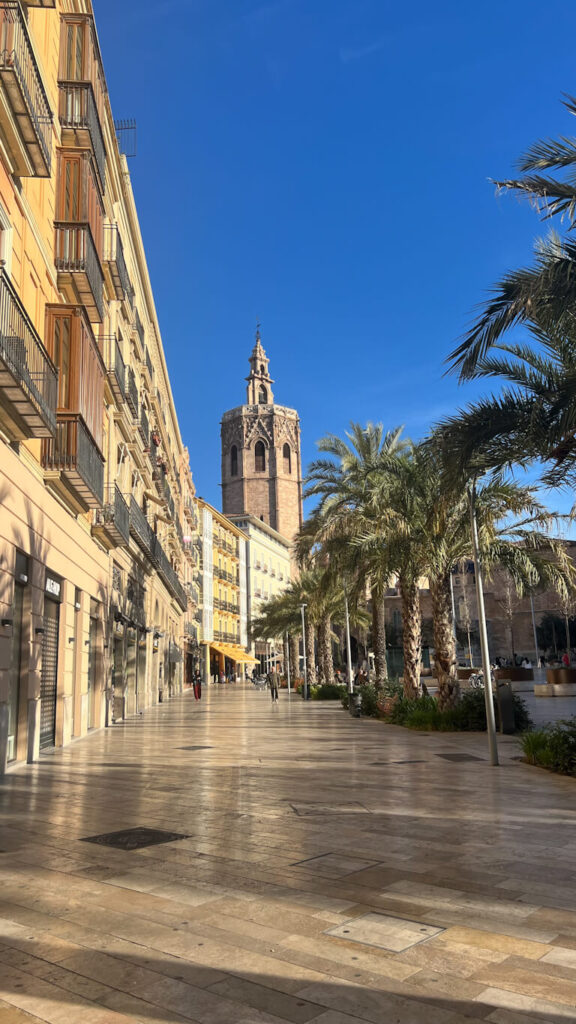
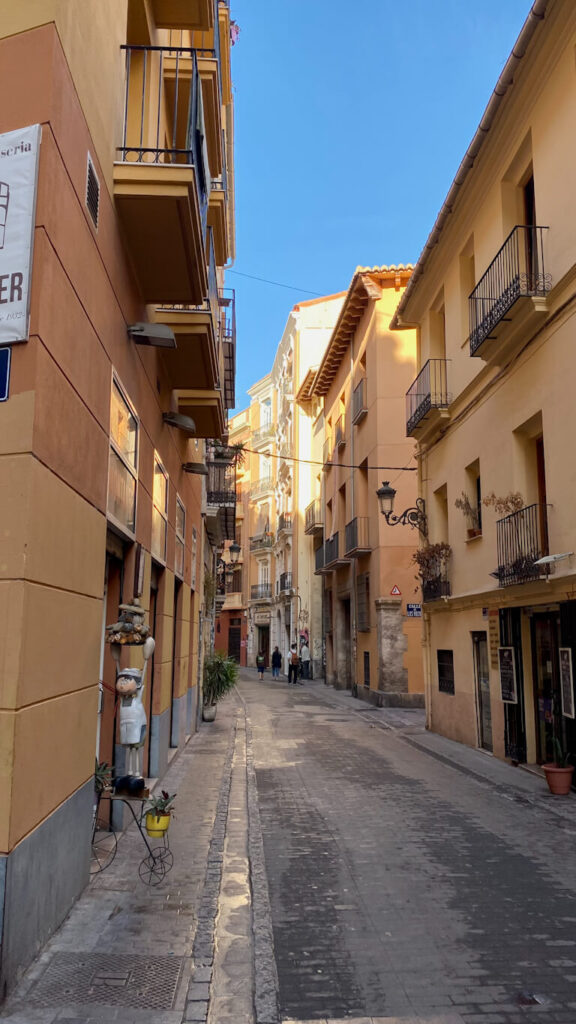
3. Ask for a discount in Airbnb
If you use Airbnb for your accommodation, politely messaging the owner to ask for a discount is a great way to save some money.
You can select at least 5-10 accommodation options and message them stating your interest and requesting if there is a possibility for some discount. More often than not, the owners will send you a discounted price to book the room. This strategy has worked for me many times in the past and has saved me significantly. However, use it during the shoulder and off season as it most likely won’t work in the peak season.
Here’s a sample message you can use.
Dear [Host’s Name],
My [friends/colleagues] and I are planning a trip to [City] from [Check-in Date] to [Check-out Date] and found your charming Airbnb listing. It looks absolutely perfect for our stay!
We noticed that the cost slightly exceeds our budget. Is there a possibility for a discount? If so, we’d be delighted to book directly with you.
Thank you for sharing your beautiful space. We look forward to your response.
Best regards,
[Your Name]
4. Mix and match different airports
This is a simple yet effective way to save some money on flights. Some departure cities will have higher rates, and some will have lower rates. If we’re flexible, we can travel to the cheaper airports to budget our trip.
I recently made use of it during our trip to Dubrovnik. We booked a flight from Memmingen airport for 40 EUR, which would’ve cost us at least 80 EUR from Köln airport. It adds some time visiting the airport, but if it’s worth it, why not!
You can check this post to find the best budget airlines in Europe.
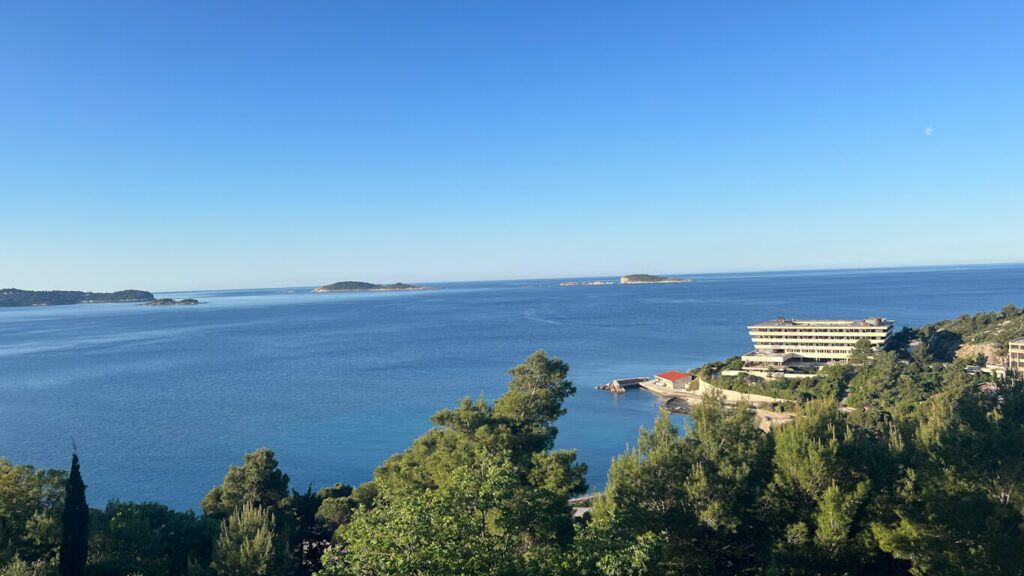
5. Buy tickets from destination country’s booking site
A trick that I recently found and have realized that it works very well. When we are traveling to a different country, it is helpful to book the tickets from their booking platform to get the best prices. There is a chance that they will have cheaper prices. For example, if you’re traveling to Vienna or Budapest from Germany, using Austria’s booking website ÖBB will give you better prices than the DeutscheBahn app.
You can add this step to your planning checklist whenever you are contemplating a trip outside of your residence country.
6. Get a Erasmus Student Network Card
For students in Europe, getting an Erasmus Student Network (ESN) Card is a brilliant way to reap some benefits. They have a vast network of participating companies providing at least some form of discount to the cardholders.
The most beneficial is that you get free 20 kg check-in bags on four flights (two round-trip flights) per year with RyanAir. That’s 120 EUR in savings right there. It costs 10 EUR per year for the card membership.
Getting an ESN card
To get an ESN card, you can contact the ESN branch office that is most suitable for you. Once you receive the card with your unique card number, you can register your account on ESNcard.org to discover and receive the offers.
7. Follow travel research companies
There are many companies that research excellent, best-value-for-money trips as part of their work. And we can refer to them for ideas.
One such company I follow is Urlaubstracker. The team behind Urlaubstracker researches destinations all over the world and provides us with unbelievable travel offers. Their offers are sometimes crazy, like “120 euros for 4 days in Greece, including a 3-star hotel and round-trip flight.” Take my money!
You can look for such companies in your residence country to find offers that are suitable for you.
8. Look for startups in the country
This is my favorite thing to do. Startups are always looking for gaps and opportunities to disrupt the market, like how Airbnb did with accommodation and Uber did with taxis.
In Europe, every country has different startups that offer exciting opportunities for travelers like us. For example, using NeoTaste in Germany and the Netherlands will save you half the money on dining out. Similarly, using Bolt in Eastern European countries provides unexpectedly cheaper rates for taxis. Look out for the startups in the country you’re visiting; you might stumble upon some genius idea that might save you some money.
Go to Startupranking.com and search based on the country to find if there are any opportunities.
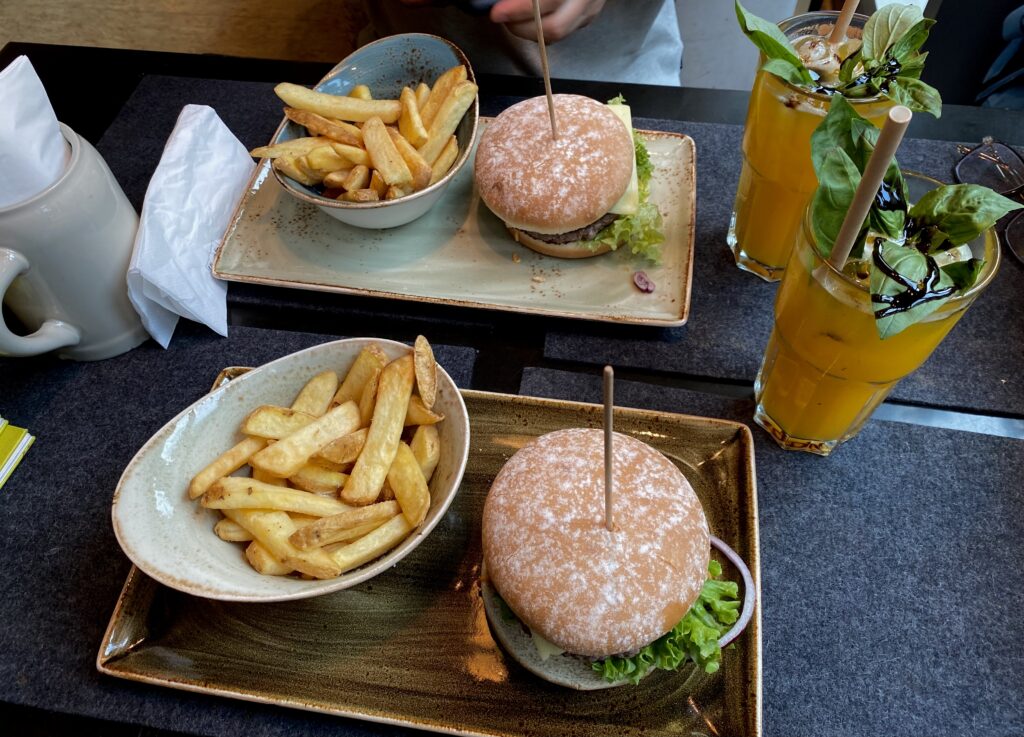
8. Travel on Mondays / Tuesdays
Flying on weekdays is a great way to save money while flying. Flights departing on Mondays / Tuesday are generally cheaper than the ones departing on the weekends. Additionally, the accommodation also gets cheaper, saving you even more.
9. Take free walking tours
Free walking tours are a great way to learn the history of a place and also a brilliant way to meet new people.
A typical walking tour lasts for around 3 hours, during which you walk with the guide as they share interesting facts and histories of the place. The tour provides you with additional information about the place you’re visiting, which definitely spices up your travel experience.
The free walking tours are generally tip-based, so you tip some money at the end. My go-to tip amount is 10 EUR, but you can adjust that according to your experience.
To find free walking tours in the place you’re visiting, a simple Google search ‘free walking tours in + [destination_name]’ will give you the relevant information.
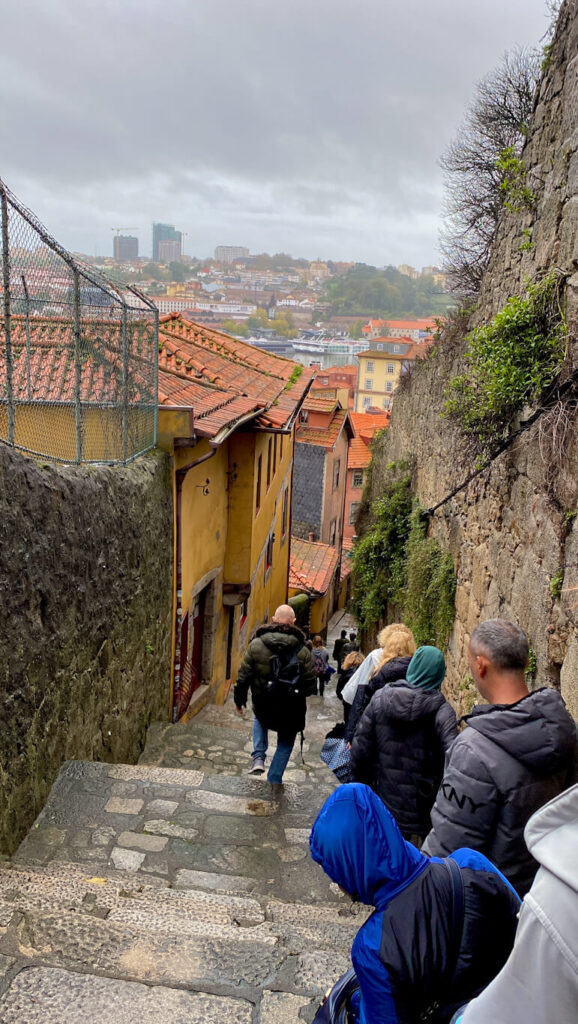

10. Ask locals where they eat
Credit to Nomadic Matt, this simple change in asking a question can actually do wonders. Instead of asking locals for recommendations on where to eat, we should ask them where they usually eat. This might prompt them to provide the local restaurants with budget prices.
11. Be wary of ‘Once in a Lifetime’
‘Once in a lifetime’ activities are money magnets. They hit the right string and the next thing you know, you find yourself paying 80 EUR for a gondola ride in Venice that is barely comparable to the 10 EUR boating ride you did in Bruges.
Always stick to your budget, stick to your interests, and make sure you do not splurge money on something just because everyone is doing it. Travel as you are and find things that interest you.
And more importantly, try to find free stuff. Tourist activities are a guide for travelers who want a set plan. But by trying to tick off itineraries, we miss the spontaneous wonders that travel can often provide. If you can have as much fun by wandering around and exploring yourself, then you don’t need the expensive tourist activities.
12. Get into the travel mindset
There can be hundreds of tips but the only thing that can make you tick is if you adapt to the travel mindset. If you want to travel more often and want to sustain your traveling lifestyle, changing your mindset is the key.
The budgeting starts from your home. If you travel frequently, you realize how incredibly hard it is to resist lunch in front of a bustling square. You can save for that lunch by skipping some restaurant visits and cooking your own food when you’re home. If you cannot resist a cruise trip in Dubrovnik, you can save for it by skipping weekend pub visits.
We allocate a budget for travel expenses, but when we’re not traveling, similar expenses manifest in different ways when we’re home that we often don’t track. For every budget traveler, being aware of these splurging habits and aligning them with our priorities is the key for long term travel.
Thank you for reading. I hope I was able to provide some new information to you through this post. I have written a few similar posts with more specific information on budget traveling.



